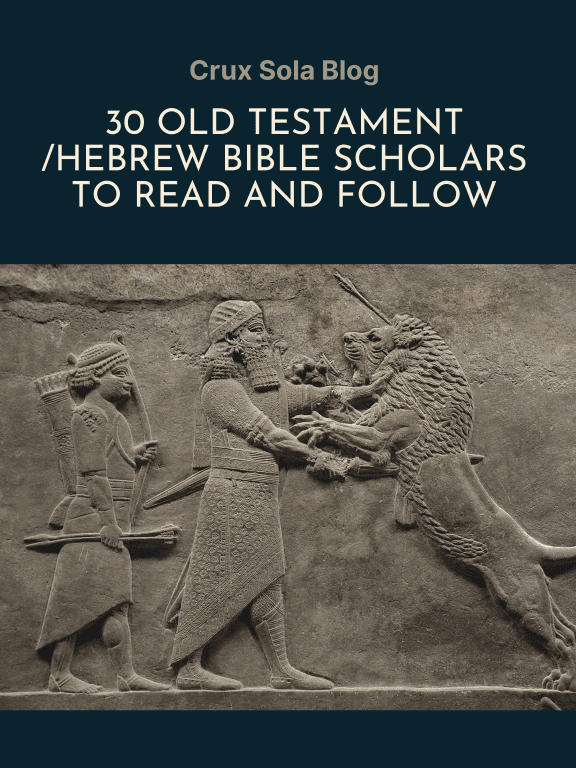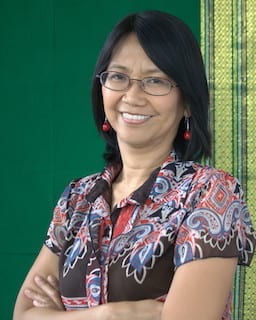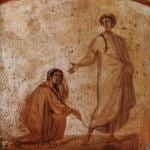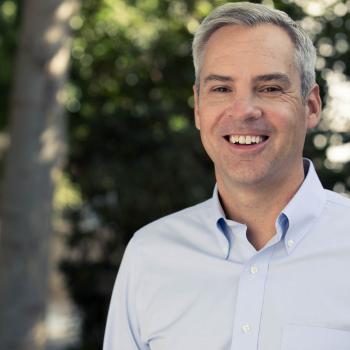
Athena E. Gorospe, Associate Professor, Biblical Studies (Chair), Director of PhD in Contextual Theology Program, Asian Theological Seminary, Manila, Philippines

Why do you love teaching and researching about the OT/HB?
For me, the whole Scripture is life—it gives life to me, to God’s people, to the world. This is the main reason why I continually drink from the well that never dries up and have a lifelong commitment to teach Scripture to others. One of the great joys of teaching is seeing students’ eyes light up as they gain insight from working closely with the biblical text.
Athough I love the whole Scripture, the Old Testament (or First Testament) has a special place because I can never understand the Second without the First. Moreover, the message of life in the First Testament is conveyed amidst concrete human realities and frailties. It does not gloss over economic bondage, oppression and poverty, violence and abuse of women, environmental degradation, sickness and death. The variety of materials and settings in the First Testament and the diverse expressions of spirituality mean that there is always something that I can draw from as I face a contemporary challenge or issue.
What is one “big idea” in your scholarship?
I see my work as a practice of discernment. First, it is discerning what God has to say through the Word, but this happens in a methodological way as one tries to understand what is going on in the text from the viewpoint of its own world and the world of the story, yet seeing points of connection due to common human experiences or to more particular cultural resonances.
Second, it is discerning my social world. This goes beyond general knowledge but involves immersion in the world of the vulnerable and understanding the factors that lead to their suffering with the use of the social sciences.
But the third is the most challenging. It is discerning the appropriate match between the biblical text and our social world. Much harm has resulted because certain parts of Scripture are applied to the wrong context. I think this kind discernment—in terms of being able to see which Scripture is appropriate or inappropriate in relation to a certain context—is developed only through wisdom borne out of experience and through the consistent practice of the spiritual disciplines.
Who is one of your academic heroes and why do you admire them?
What books were formative for you when you were a student? Why were they so important and shaping?
I have already mentioned Ricoeur’s works as having lasting impact. But a book that has helped me recognized a shift that is taking place in scholarship is Brueggemann’s Theology of the Old Testament. It gives me hope that even though I live and do my work in a country lacking in academic resources and networks, with not much space for writing and research, there is still something I can contribute as a voice from the margins.
There has been a shift in the portrayal of God to more negative images in the past 2-3 decades (e.g., divine violence). While I acknowledge that these images are there in the biblical text, Terence Fretheim’s The Suffering of God provides a needed balance—an image that can accompany us in a world full of suffering and death. Another book is Claus Westermann’s Elements of Old Testament Theology, which emphasizes blessing as distinct from God’s saving action. The theme of blessing helps me to discern God’s presence in the daily life, when no dramatic divine interventions are happening, and in the plurality of cultures in Asia, where Christianity is a minority. As a companion to my spiritual journey, I have often turned to Charles Ringma’s Dare to Journey.
Read Gorospe’s Work
Judges for the Asia Bible Commentary
How Long, O Lord?: The Challenge and Promise of Reconciliation and Peace

















